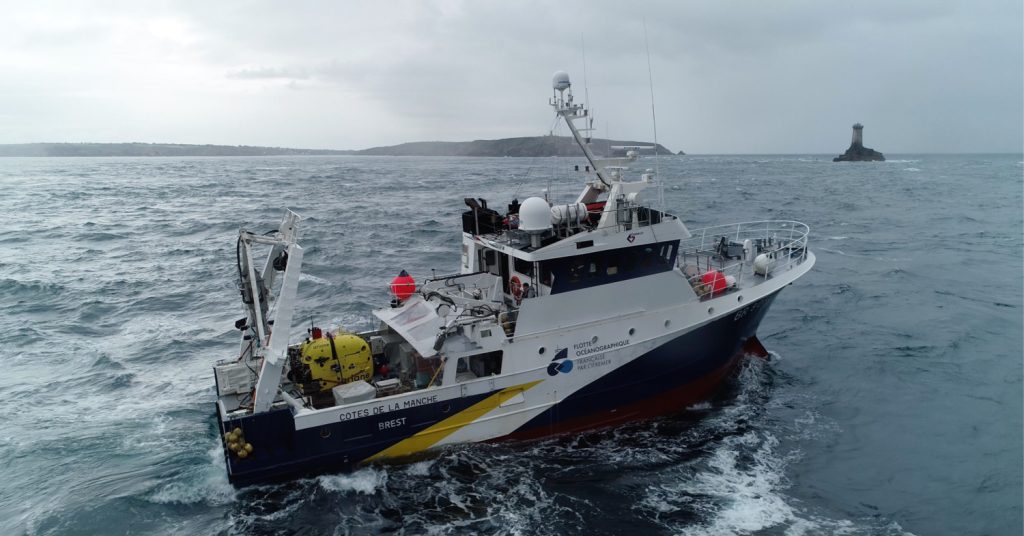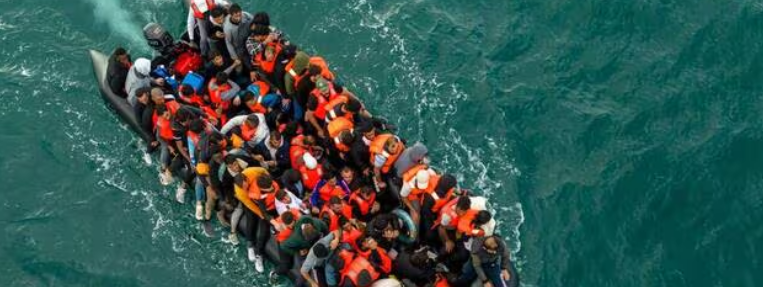In recent weeks, the beaches of northern France have become sites of tragedy, with the discovery of multiple bodies believed to be migrants who died attempting to cross the English Channel to reach the United Kingdom. These findings highlight the growing dangers and fatal outcomes of irregular migration across this treacherous route.
Recent Incidents
On November 14, the body of a man in his thirties was found on the beach in Calais, adding to the grim toll of lives lost. This followed the discovery of two other bodies earlier in the week on beaches west of Calais. Since late October, a total of 12 bodies have been recovered in this region, reflecting the deadly risks associated with Channel crossings. Local authorities believe these individuals were likely migrants who perished during attempts to reach Britain, their remains showing signs of prolonged exposure to the sea.
Investigations and Challenges
French prosecutors are investigating the deaths, with initial assessments indicating the individuals had been in the water for several days. The lack of proper identification and the condition of the bodies complicate the process of tracing their origins or connecting them with missing persons reported by relatives. Aid organizations and survivors have criticized the limited scope of these investigations, as the official figures often underreport the true scale of the tragedy due to unaccounted-for missing migrants.
The Growing Death Toll
The death toll in the English Channel continues to climb, with this year already marking one of the deadliest on record for attempted crossings. Overcrowded inflatable boats, often equipped with inadequate or nonexistent safety measures, remain the primary mode of transport for these perilous journeys. Many migrants die from asphyxiation in these overcrowded vessels or succumb to harsh sea conditions.
These incidents are part of a broader pattern of increased migrant crossings and fatalities. In several recent shipwrecks, the number of recorded deaths does not align with survivor accounts, suggesting that many missing individuals remain uncounted. Survivors and aid groups in the Calais region report numerous cases where the bodies of loved ones have not been recovered, leaving families in anguish and uncertainty.

Broader Implications
The English Channel is a heavily trafficked and perilous route, and its use as a migration pathway has significantly increased in recent years. Efforts to deter crossings, such as heightened patrols and tighter border controls, have not curbed the desperation driving migrants to risk their lives. The absence of safe, legal pathways to asylum exacerbates this crisis, forcing vulnerable individuals to take life-threatening risks.




